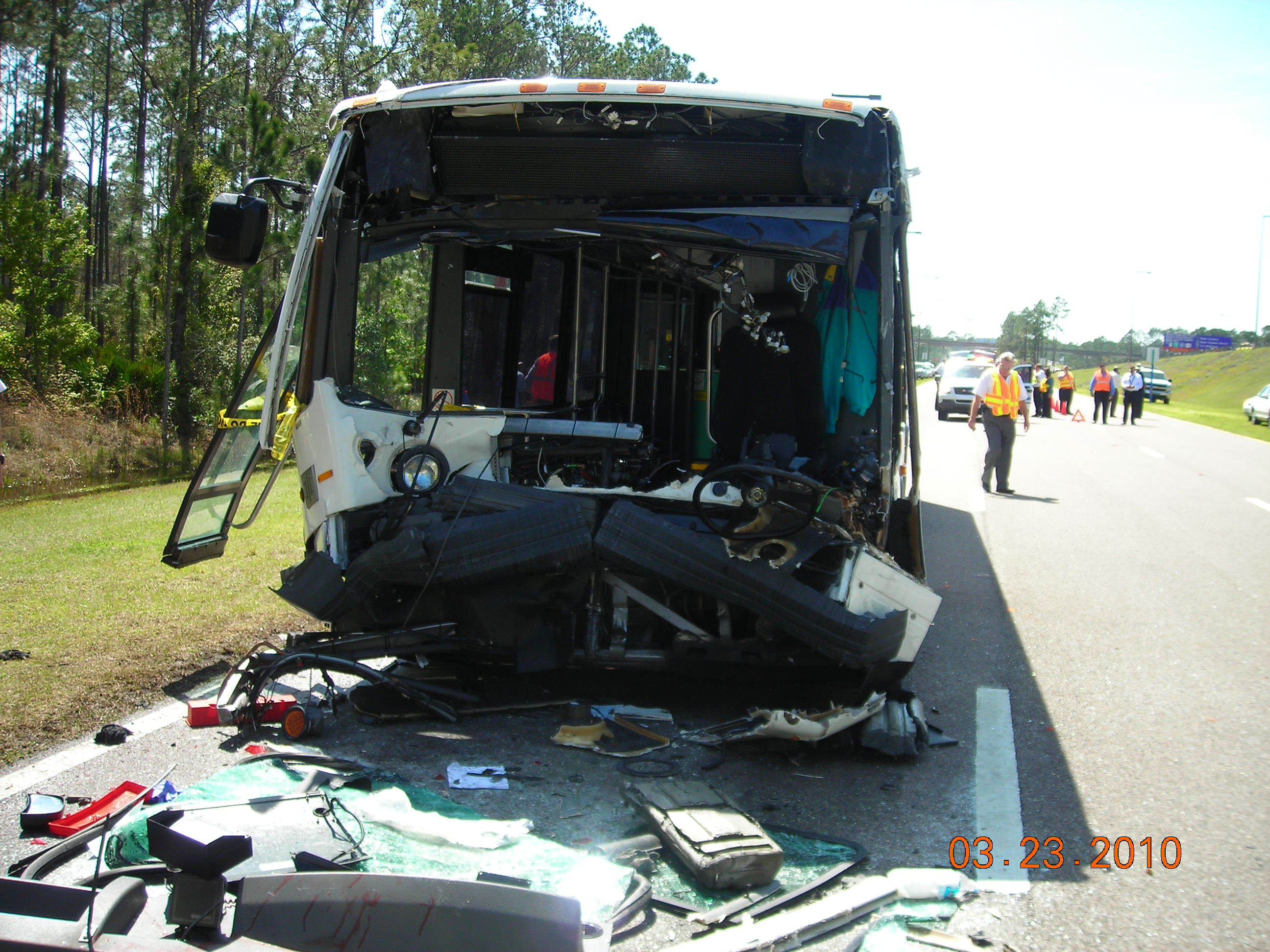 Herniated intervertebral discs can have significant medical and legal consequences. The symptoms of a herniated disc can range from minor pain all the way up to unbearable, unremitting pain, paresthesia, and numbness. Treatment options include palliative medicine, physical therapy, epidural injections, and surgery. Each of these option can be costly and none is guaranteed effective. A herniated disc can also limit one’s ability to work.
Herniated intervertebral discs can have significant medical and legal consequences. The symptoms of a herniated disc can range from minor pain all the way up to unbearable, unremitting pain, paresthesia, and numbness. Treatment options include palliative medicine, physical therapy, epidural injections, and surgery. Each of these option can be costly and none is guaranteed effective. A herniated disc can also limit one’s ability to work.
Discs herniate through degeneration, a lengthy process, and acute trauma. A disc compromised by degeneration is more likely to herniate from trauma than one that is not. The personal injury and workers’ compensation legal systems do not compensate for herniations caused by degeneration only. They are supposed to compensate for herniations caused solely by trauma, and will sometimes compensate for herniations superimposed on degeneration, referred to as an aggravation of a preexisting condition. (For an understanding of how the two systems handle aggravation injuries, consider Florida Standard Jury Instruction 501.5a, for civil cases, and this article, for workers’ compensation.
In civil cases, a defendant responsible for causing a herniated disc can be liable in damages which include medical expenses, lost wages (past and future), and pain & suffering (also known as non-economic damages). In workers’ compensation, the employer/carrier can be liable for medical expenses and lost wages; compensation for pain & suffering is not available in the workers’ compensation system.
The costs associated with a herniated disc can be significant, even in the hundreds of thousands where a spinal fusion is involved. As a result, civil defendants and workers’ compensation employers/carriers fight to limit their financial exposure.
A common defense method is to use doctors who will testify to one or more of the following:
- There isn’t a herniation
- If there is a herniation, it was not caused by the accident (e.g., it preexisted the accident)
- The herniation is asymptomatic or not causing the level of pain being complained of by the Plaintiff/Claimant
- The various treatment options, including surgery, are not indicated now or in the future
- The herniation should not prevent the Plaintiff/Claimant from working full duty
The defense doctor’s testimony must be challenged. As with the questioning of any expert under oath, the most important rule is to be prepared. For me, at least, that means going over the doctor’s report with a fine tooth comb for weaknesses and inconsistencies, keeping in mind that what isn’t said is often as telling as what is said. At the beginning, I may feel stumped. However, with enough thought, even of the subconscious type, something always comes to mind. This is why I like to begin the process well in advance of the interrogation. Digesting and mulling works wonders.
Continue reading
 Florida Injury Attorney Blawg
Florida Injury Attorney Blawg




 Florida workers severely injured at work sometimes qualify for both workers’ compensation permanent total disability benefits (PTD)
Florida workers severely injured at work sometimes qualify for both workers’ compensation permanent total disability benefits (PTD) 




